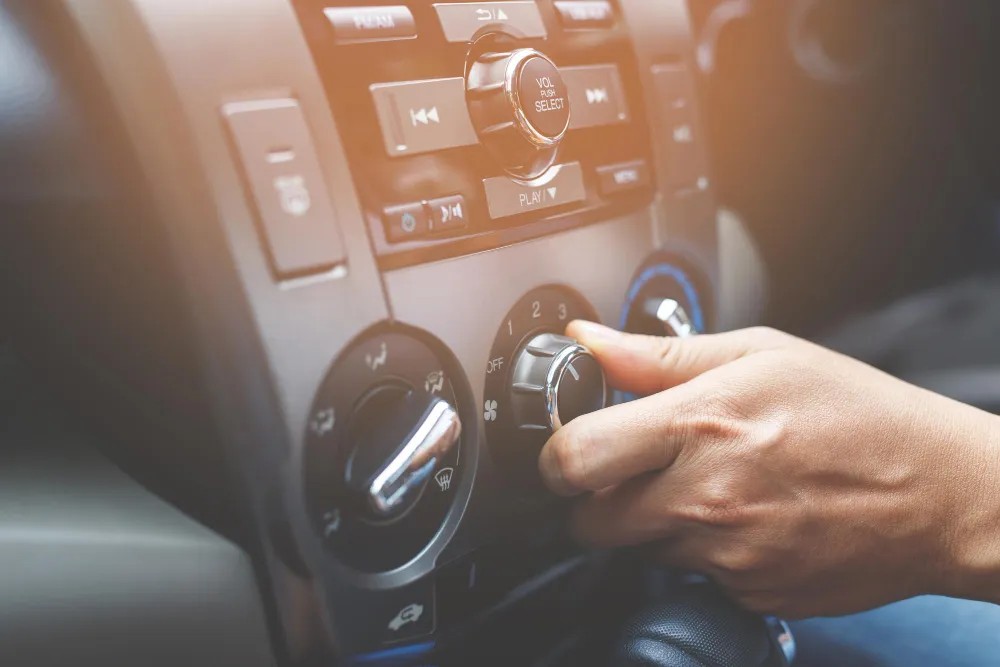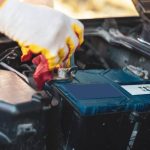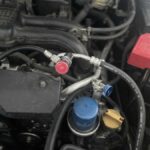
In today’s vehicles, air conditioning systems are no longer purely mechanical—they rely heavily on electronic components for precise operation. Sensors monitor temperature, humidity, and cabin airflow, sending signals to the car’s electronic control unit (ECU). The ECU then adjusts the AC compressor, blower motor speed, and blend doors to maintain the desired cabin temperature. Advanced climate control systems even use microprocessors to regulate dual-zone or tri-zone cooling, ensuring personalized comfort for each passenger. Without these electronic integrations, modern AC systems wouldn’t deliver the same level of efficiency and convenience.
Key Electronic Components in AC Operation
Several critical electrical components work together to keep your AC running smoothly. The blower motor resistor controls fan speed, while relays and fuses protect circuits from power surges. Temperature sensors feed real-time data to the ECU, which then activates the compressor clutch to regulate refrigerant flow. In newer vehicles, actuators electronically control airflow direction through the dashboard vents. Even the AC compressor itself is often electronically driven in hybrid and electric vehicles, requiring seamless integration with the car’s overall electrical system. A failure in any of these components can disrupt cooling performance.
How Electrical Issues Can Affect AC Performance
When a vehicle experiences electrical problems, the AC system is often one of the first areas to show signs of trouble. A weak alternator or battery can cause the AC compressor to disengage, resulting in warm airflow. Blown fuses, faulty relays, or damaged wiring can prevent the blower motor or sensors from functioning properly. Additionally, software glitches in the ECU can misinterpret sensor data, leading to inconsistent cabin temperatures. Because of this tight electronic integration, diagnosing AC issues in modern cars often involves scanning for error codes using specialized diagnostic tools.
The Impact on Fuel Efficiency and Overall Vehicle Performance
Modern AC systems are designed to work efficiently with vehicle electronics to optimize energy use. For example, many cars use electronic control modules to temporarily reduce compressor load during acceleration, improving fuel economy. In hybrid and electric vehicles, the AC system is directly linked to the high-voltage battery, balancing cabin cooling needs with overall energy management. However, when electronics malfunction, the AC system can overwork, drawing excess power and reducing fuel efficiency. This makes regular electrical inspections just as important as refrigerant and mechanical maintenance. Choosing the Auto AC Repair in Overland Park, KS based service would be a perfect choice here.
The Importance of Professional AC and Electrical Diagnostics
Because today’s AC systems are deeply integrated with vehicle electronics, addressing problems requires professional expertise. Certified technicians use advanced diagnostic scanners to read fault codes, test circuits, and verify sensor accuracy. They can determine whether an issue is mechanical, such as a failing compressor, or electrical, such as a bad relay or ECU malfunction. Routine inspections ensure both the AC and the vehicle’s electrical system remain in sync, preventing unexpected failures and costly repairs. By maintaining this critical relationship, you ensure consistent cabin comfort and optimal vehicle performance year-round.







